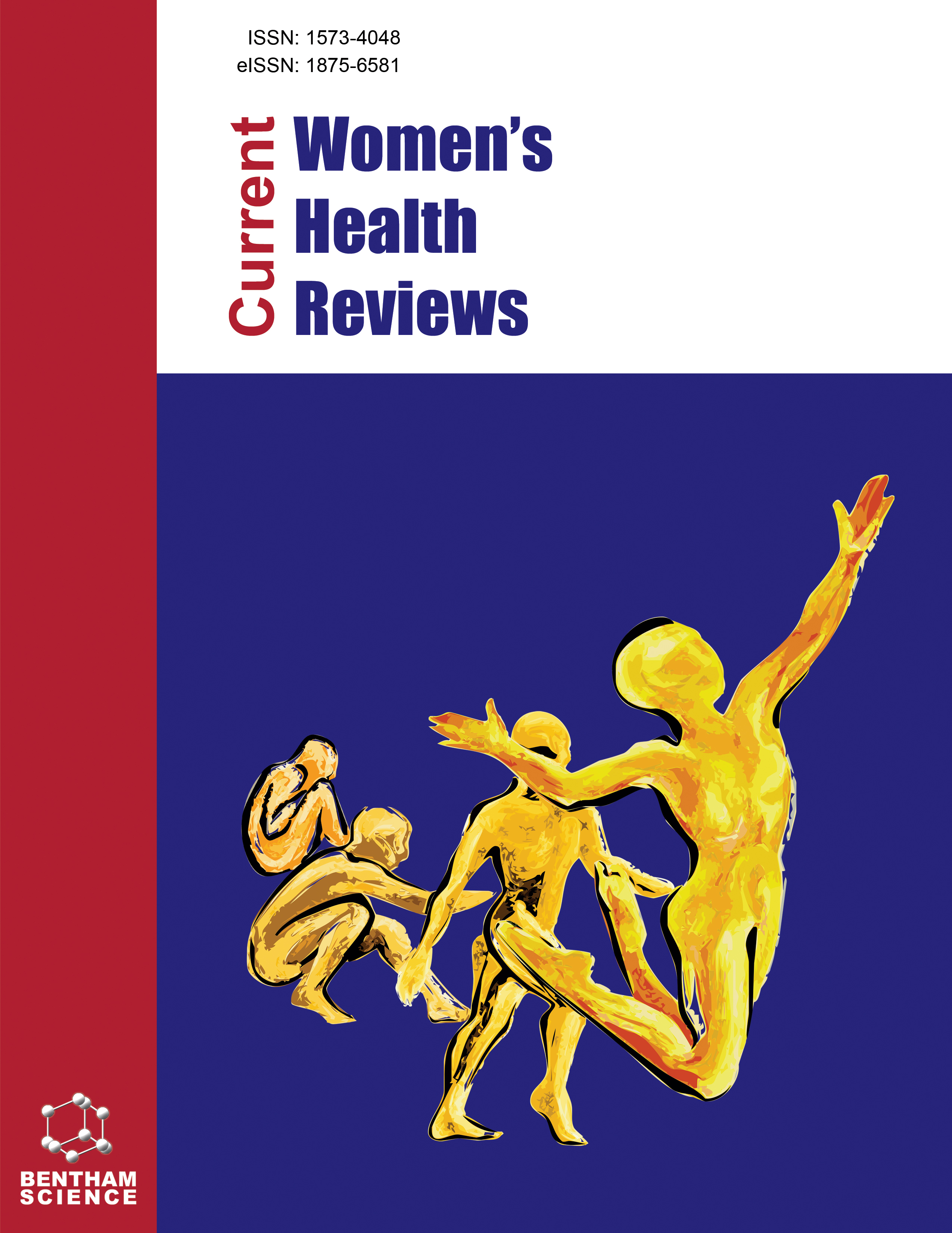-
s Screening for Infectious Diseases During Pregnancy: Which Test and Which Situation
- Source: Current Women's Health Reviews, Volume 8, Issue 2, May 2012, p. 158 - 171
-
- 01 May 2012
Abstract
The purpose of this article is to review the current knowledge, and recommendations for screening infectious diseases during pregnancy to improve maternal, fetal and newborn health. We examined studies and public health policies published in English language to identify which tests and in which situations recommendations are being made. Universal prenatal screening with at least one test for syphilis, human immunodeficiency virus, and asymptomatic bacteriuria is largely recommended. Approaches for maternal screening for preventing perinatal transmission of the Hepatitis B virus are not uniform and early vaccination of newborns irrespective of maternal screening is frequently adopted in resourcelimited countries. Screening for maternal Hepatitis C infection can be considered for high-risk women. Routine screening for Cytomegalovirus is not usually recommended by public health authorities but is being debated among experts. Universal screening for Group B Streptococcus at 35-37 weeks gestation is the preferred approach for preventing neonatal disease. Selective early gestation Chlamydia trachomatis and Neisseria gonorrhea screening of pregnant women based on risk factors is performed in developed countries. Although prenatal testing for Toxoplasma gondii is routinely offered in some countries, no consensus exists about the benefits, diagnostic tests or the most effective screening strategy to prevent congenital toxoplasmosis.


